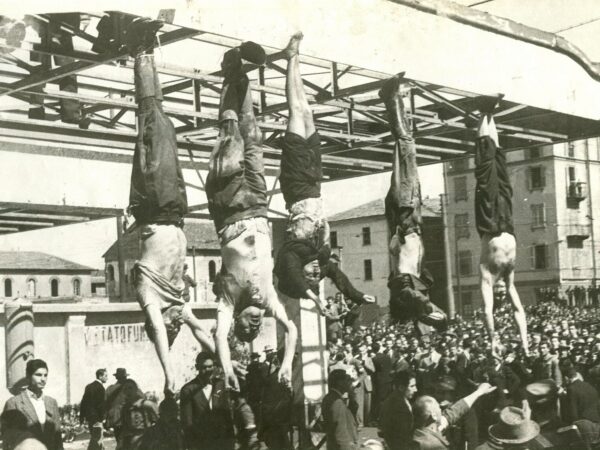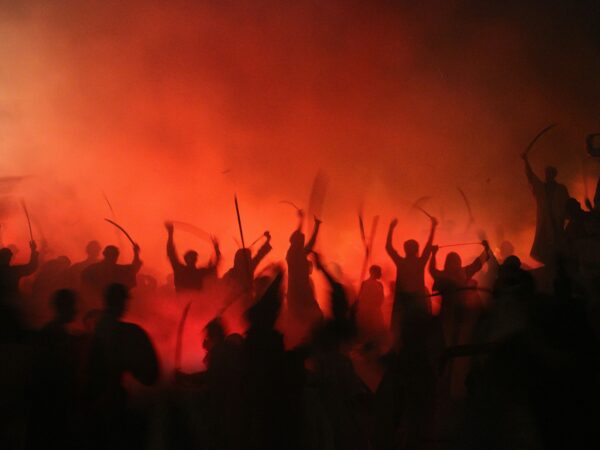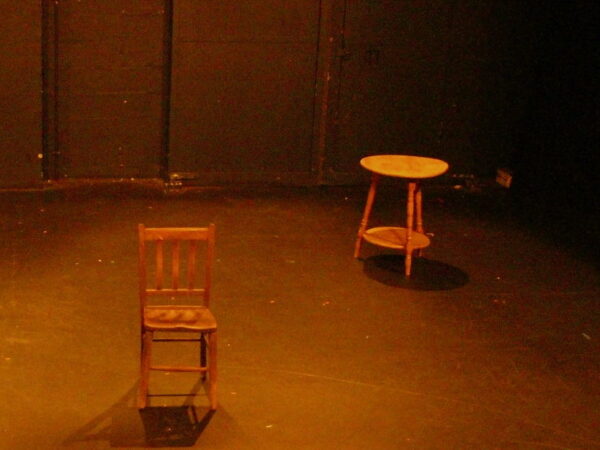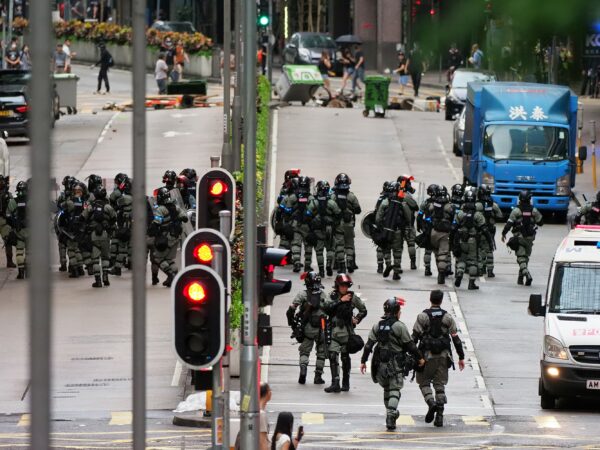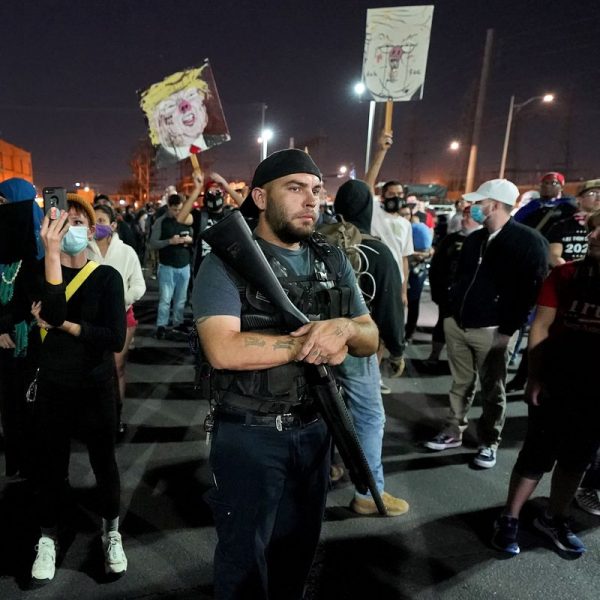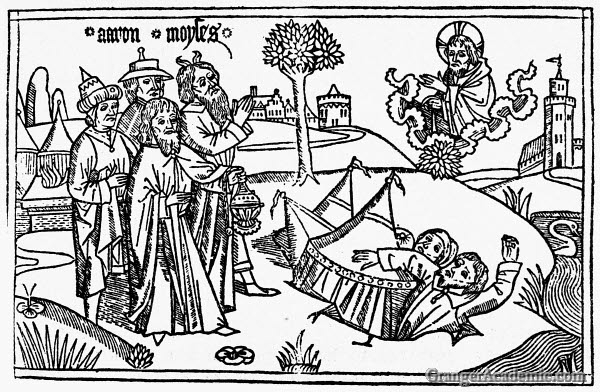
“Thinking about school education through Walter Benjamin’s concept of divine violence, we argue that schools must be defended not despite but precisely because of the violence they encompass.”
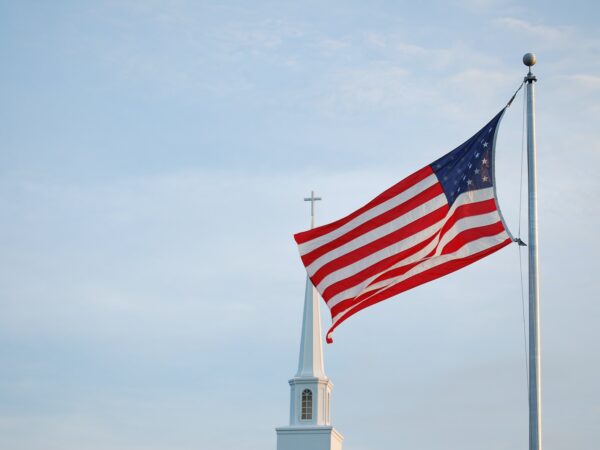
God’s call is not to engage in politics of personal power or self-service, but engage in a politics of liberation, one that ends the idolatrous hold on power so many have.
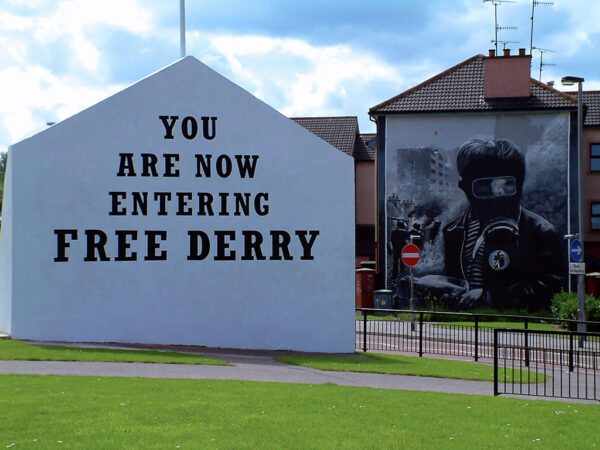
How do we maintain hope in the face of a seemingly unending time of strife, violence, and conflict? Seek out beauty, depend upon hope…and dance, even in the face of unending war. Hope does not ignore the struggle, nor does it free us from the scars resulting from our struggles. The people of Israel will always carry the scars of their trauma with them; yet, scars also signify survival.
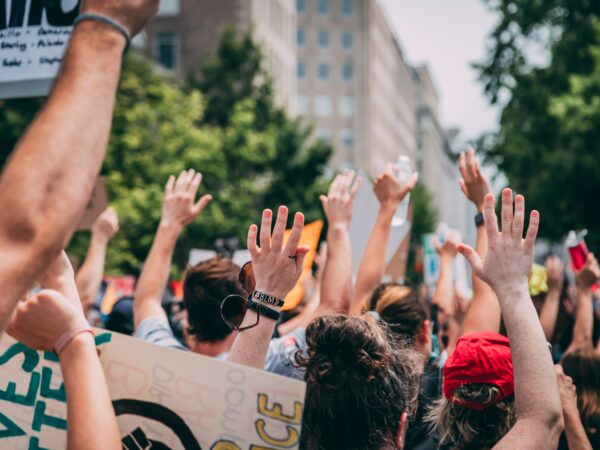
The idea of opposition then is not about establishing a negative position for its own sake. Instead, to embody opposition here is to draw a line, and this line constitutes a limit-experience. It as if to say, ‘enough is enough.’ So, this opposition is an ending and a beginning.
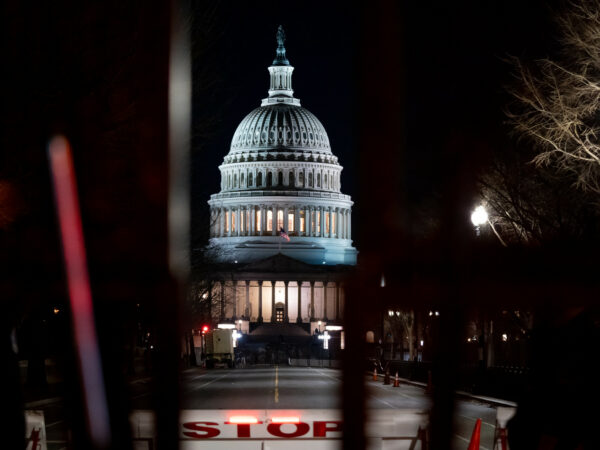
We are shocked. Morally outraged. How could a US president tout “law and order” to incite a blatant attack on “American democracy” and “the rule of law,” encouraging his supporters to storm the US capitol? Commentators decry such hypocrisy, stating the obvious contradiction between US constitutional law and violent coups. My contention in this essay is that no such contradiction exists.

Life after violence and profound loss requires that we find ways to hold and contain that pain. Relics help us do this. As we wrap them in our words, craft beautiful containers, or place them in vitrines, we keep these memories alive. We acknowledge and respect their ongoing presence in our lives.
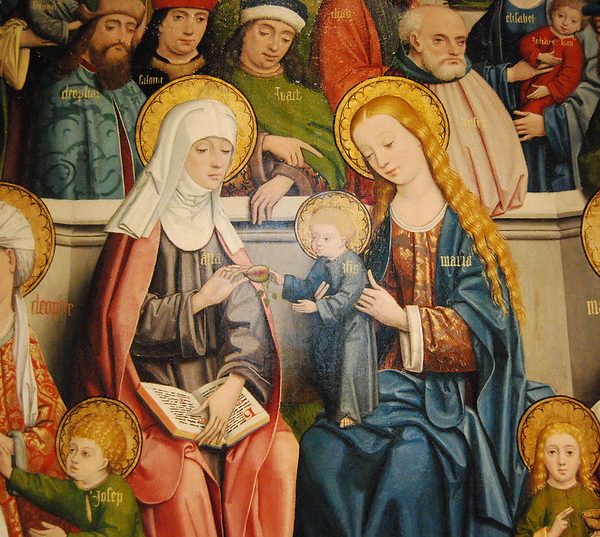
To become part of an institution as a member of a group which has historically been excluded from the university or from the discipline of theology is to be extremely conscious of the fragility of our survival within that institution, to feel the necessity of struggling against the forces of reproduction which conspire towards our ongoing exclusion.
